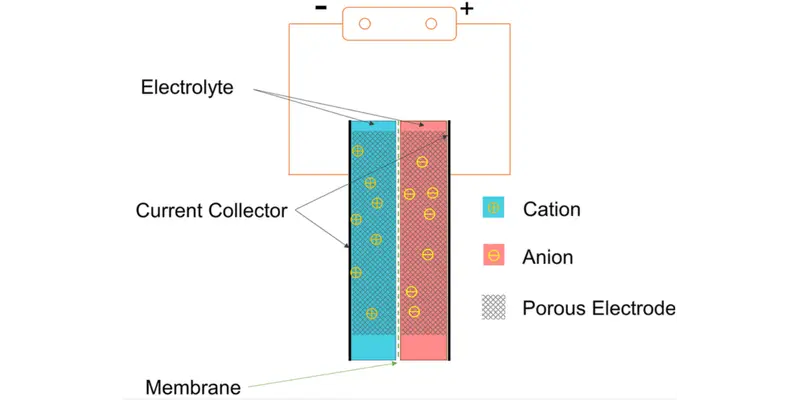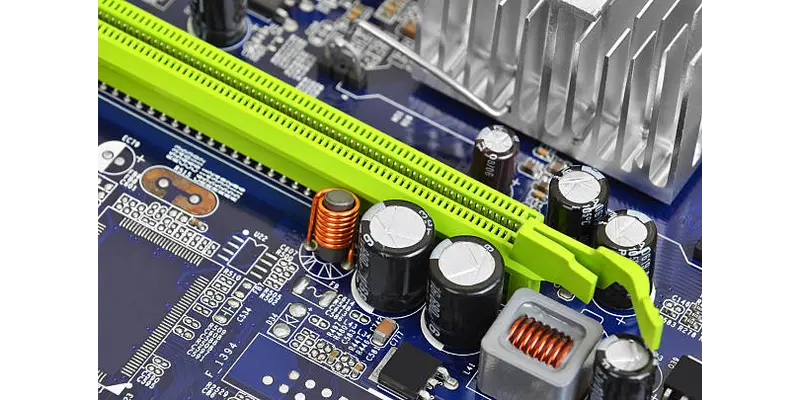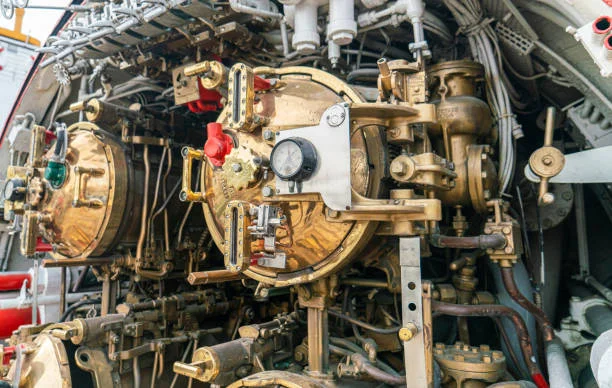In the world of energy storage, one revolutionary technology stands out: the super capacitor. Also known as ultra capacitors or electric double-layer capacitors (EDLC), super capacitors are transforming how we store and utilize electrical energy. In this blog, we’ll delve into the world of super capacitors, exploring their technology, applications, and advantages over traditional energy storage solutions.
What is a Super Capacitor?

Super capacitors are advanced energy storage devices that store electrical energy electrochemically, using a high surface area electrode and an electrolyte. Unlike conventional capacitors, which rely on an electrostatic field for energy storage, super capacitors offer significantly higher capacitance values, enabling them to store and deliver large amounts of energy quickly.
Applications of Super Capacitors:
The versatility of super capacitors makes them ideal for a wide range of applications across industries. From automotive to renewable energy, consumer electronics to industrial applications, super capacitors are revolutionizing energy storage solutions. They are used in hybrid vehicles for regenerative braking and power assist, in renewable energy systems for grid stabilization and energy storage, and in consumer electronics for rapid charging and discharging.
Super capacitors have several distinctive features:
High Power Density:
Super capacitors can deliver and absorb energy at high rates, making them suitable for applications requiring rapid charge and discharge cycles.
Long Cycle Life:
They can endure hundreds of thousands to millions of charge-discharge cycles without significant degradation, making them highly durable and reliable.
Wide Operating Temperature Range:
Supercapacitors can operate over a wide temperature range, from below freezing to elevated temperatures, without significant performance degradation.
Low Equivalent Series Resistance (ESR):
They have low internal resistance, allowing for efficient energy transfer and minimal energy loss during charge and discharge.
Complementary to Batteries:
Super capacitors complement batteries in hybrid energy storage systems, providing high-power bursts during acceleration or regenerative braking in vehicles, for example.
Super capacitors find applications in various industries, including automotive (start-stop systems, hybrid vehicles), renewable energy (grid stabilization, energy harvesting), consumer electronics (wearable devices, portable electronics), and industrial (backup power, energy management).
In summary, super capacitors offer high power density, long cycle life, and wide temperature tolerance, making them an attractive option for numerous energy storage applications where rapid energy delivery and high reliability are essential.
What is the Difference Between Super Capacitor and Normal Capacitor?

A capacitor is constructed by separating two conducting plates by a dielectric medium. Super capacitor is constructed by separating two conducting plates by a separator (an electrolytic solution) instead of dielectric.
Super capacitors offer several advantages over traditional energy storage solutions such as batteries. They have high power density, enabling rapid charge and discharge cycles. They also have long cycle life, enduring millions of charge-discharge cycles without significant degradation. Additionally, super capacitors operate over a wide temperature range and have low equivalent series resistance (ESR), minimizing energy losses during charge and discharge.
Super capacitors maximize the benefits of high energy storage density, high power density, extended cycle life, and maintenance-free operation. They can operate autonomously or integrate seamlessly with other energy storage systems to effectively store energy.
Exploring Super Capacitor Technology:

Super capacitor technology continues to evolve, with ongoing research focused on enhancing performance, reducing costs, and expanding applications. Graphene super capacitors, for example, offer even higher capacitance values and faster charging rates. Companies like Maxwell Technologies, Panasonic, and Holosun are at the forefront of super capacitor innovation, developing cutting-edge solutions for diverse applications.
Conclusion

In conclusion, super capacitors represent a groundbreaking advancement in energy storage technology. With their high power density, long cycle life, and versatility, they are poised to play a vital role in the transition to a sustainable and electrified future. As research and development in super capacitor technology continue to advance, we can expect to see even more innovative applications and solutions emerge, further unlocking the potential of energy storage.
If you want to know more information about super capacitors, please contact us.